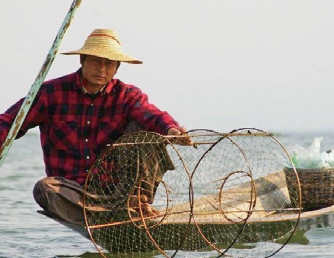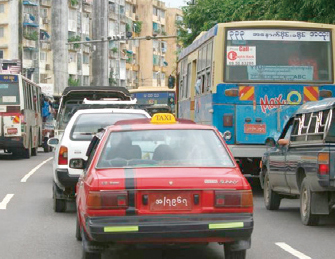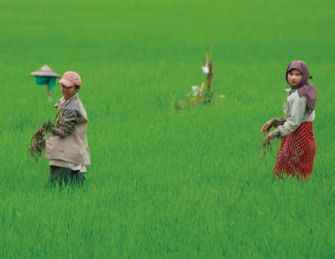Project Leader:OKAMOTO, Ikuko (Area Studies Center, Institute of Developing Economies-JETRO)
Collaborators: FUJITA, Koichi (Center for Southeast Asian Studies, Kyoto University)
MIENO, Fumiharu (Center for SoutheastAsian Studies, Kyoto University)
KUDO, Toshihiro (ERIA Support Office, Institute of Developing Economies-JETRO)
NAKANISHI, Yoshihiro (Institute of Developing Economies-JETRO)
Term::2012-2013
Outline of Research:
Since mid-2011, economic reforms have been gathering momentum under the new government in Myanmar. The reforms currently under consideration not only cover a wide range of sectors, such as fiscal and monetary, industrial and agricultural ones, but also include those with fundamental nature that the previous governments dare not to engage in. Another striking characteristic is that these reforms involve various types of actors in the economy, who were never observed before. This study aims to identify the economic development path which Myanmar should pursue, through an analysis of the development of reforms and its relevant actors.
Description:
Despite its advocacy for transition to a market economy, Myanmar’s economy has been flagging for a long time, because of the isolation from the international community as well as the long-standing mismanagement of the economy, rooted back in the socialist regime. Even upon the establishment of the new government in 2011, the majority held a skeptical view that any fundamental economic reforms would be carried out in the immediate future. However, along with the political reconciliation since the middle of the year, the discussion on the economic reforms between the government, parliament and private sector has become more vigorous than ever. These include very critical reforms which have been long overdue under the military regime, such as the issue of multi foreign exchange regimes, the enactment of new farmland laws and the revision of the foreign direct investment law. With the sudden progress of political reforms, the relaxation of economic sanctions by the Western countries as well an increase in international economic assistance is highly expected. As a consequence, Myanmar’s economy may have a chance to transform itself drastically within a very short period.
There is an impression, however, that these reforms have not been thoroughly contemplated and lack a holistic framework, as the new government is in a rush to return to the international community. Therefore, this study will analyze polices towards reforming its economy as well as its actual development, together with the actors who lead these reforms, so that the proper economic development path which is suitable to Myanmar can be identified. In doing so, by considering the historical transformation of political and economic regimes that are unique to Myanmar, the study aims to deepen a comprehensive understanding of the country’s economic development process and to provide basic knowledge which will enhance the effectiveness of the international economic assistance.



